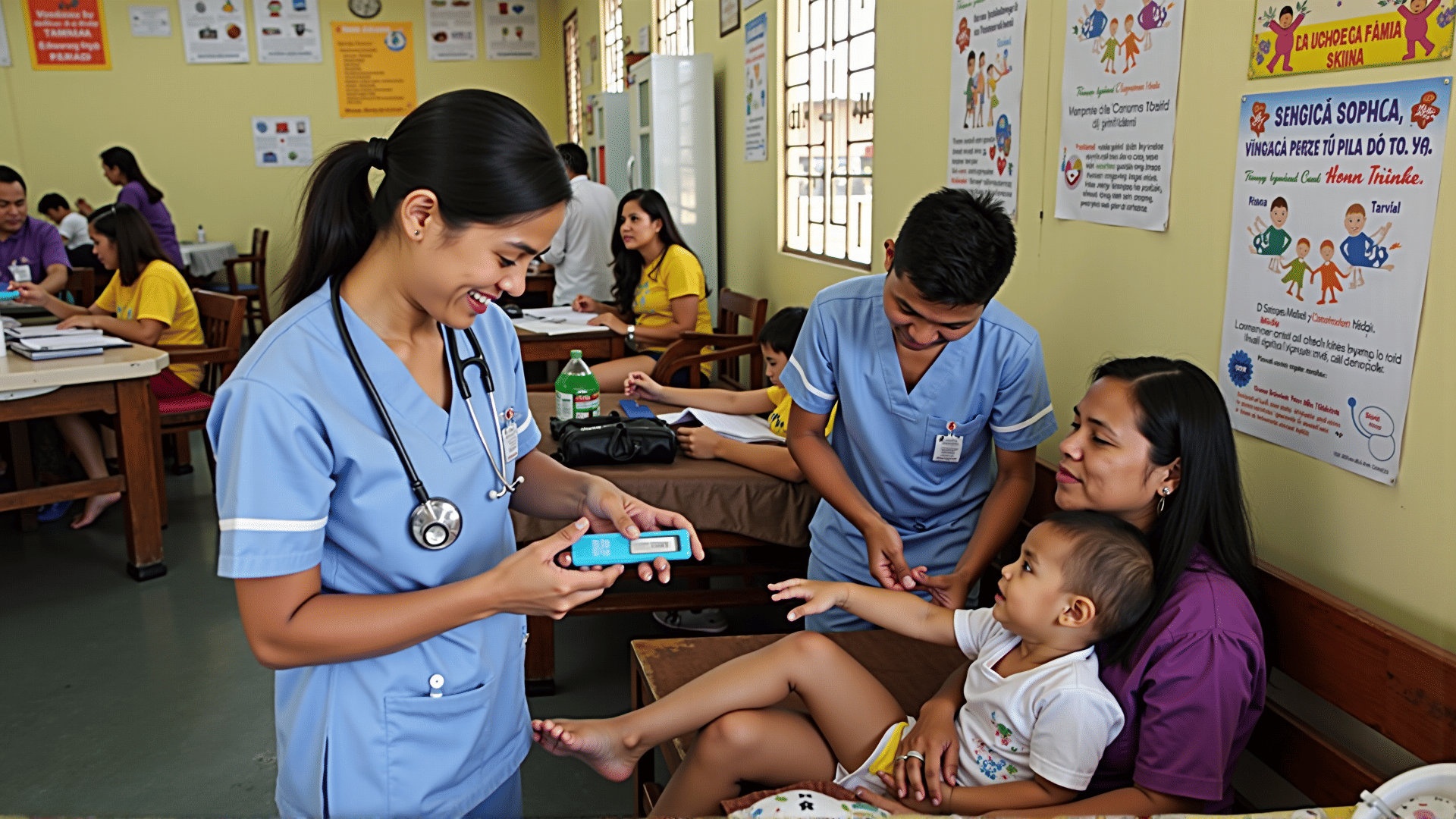Providing vital health services within communities is a pivotal step towards improving the overall well-being and quality of life for individuals. By making healthcare more accessible, communities can ensure that everyone, regardless of their location or circumstances, receives the care they need to thrive.
One of the most significant benefits of localizing healthcare is the reduction in travel barriers. When essential services are brought closer to where people live, individuals are more likely to seek preventive care and maintain regular health check-ups. This proximity minimizes the time and resources expended on travel, making it easier for individuals to prioritize their health needs.
Furthermore, community-based healthcare fosters a more personalized approach to medicine. Medical professionals who operate within local settings often have a better understanding of the specific health challenges faced by the residents. This familiarity allows them to tailor their services to the community’s needs, leading to more effective prevention strategies and treatments.
Local clinics and health centers also play a crucial role in health education and awareness. By hosting workshops, seminars, and health fairs, these centers can educate community members about common health issues and the importance of early detection and healthy lifestyle choices. Such initiatives empower individuals to take charge of their health and make informed decisions.
Moreover, when healthcare is embedded within the community, it can address diverse health determinants. Factors such as nutrition, housing, and education can be more thoroughly addressed when services are integrated into the daily lives of individuals. This holistic approach ensures that the root causes of health disparities are tackled alongside direct medical care.
To maximize the impact of community healthcare efforts, collaboration is essential. Local governments, healthcare providers, and community organizations must work together to create a seamless network of services. By pooling resources and expertise, these entities can create a robust healthcare infrastructure that supports every citizen.
In summary, bringing essential health services closer to communities is a major step forward in promoting health equity and improving quality of life. With more accessible and personalized care, equipped with educational initiatives, communities can thrive as residents become more proactive about their health and well-being.
